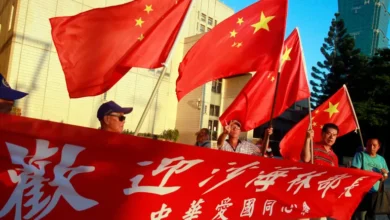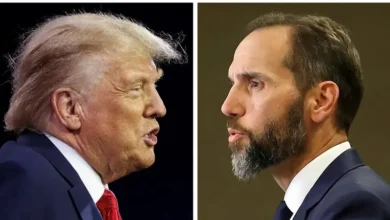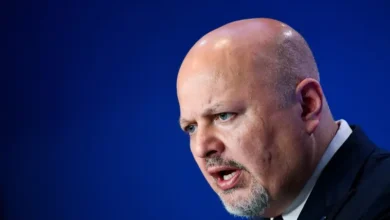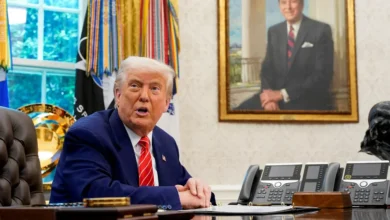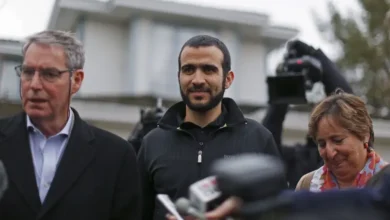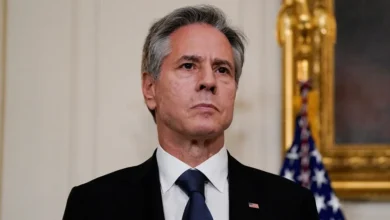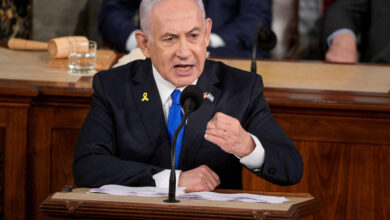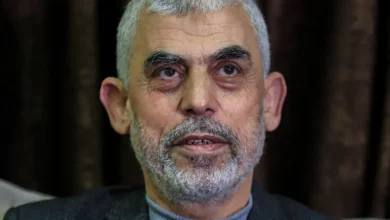Bangladesh’s Yunus seeks time, says election roadmap after reforms
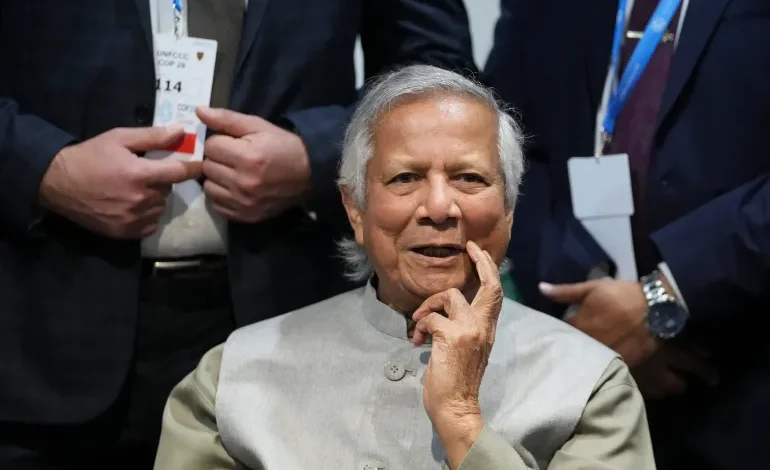
Bangladesh‘s interim leader Muhammad Yunus has appealed for the nation’s “patience”, pledging that general elections would be held after electoral and institutional reforms were completed in a televised address marking 100 days in office.
“I promise that we will hold the much-anticipated election once the necessary and essential reforms are complete,” said Yunus, who was tasked with leading the transitional government following the ouster of Prime Minister Sheikh Hasina in August.
The 84-year-old leader promised that an election commission would be formed “within a few days”, but did not provide a timeline for elections, citing the need for significant electoral and constitutional reforms.
“I request your patience until then. We aim to build an electoral system that will endure for decades. For this, we need some time.”
The country’s only Nobel laureate, who is renowned for his pioneering work in microfinance, Yunus has been tasked with rebuilding democratic institutions after Hasina’s 15-year rule.
Accountability
The deadly protests began in July after college students demanded the abolition of a controversial quota system in government jobs that they said favoured supporters of the governing party. Though Bangladesh’s top court scrapped the quota, the protests soon morphed into a wider call for the removal of Hasina’s “autocratic” regime, marked by allegations of widespread rights violations.
The government’s response was one of the bloodiest chapters in Bangladesh’s history as security forces beat the protesters, and fired tear gas and live ammunition on peaceful demonstrators, killing more than 1,000 people in three weeks and arresting thousands of others.
Yunus on Sunday said about 1,500 people were killed in the weeks of protests that brought down the Hasina government, adding that as many as 3,500 may have been forcibly abducted during her 15-year rule.
He promised an investigation into all human rights violations, including alleged enforced disappearances while Hasina was in power.

